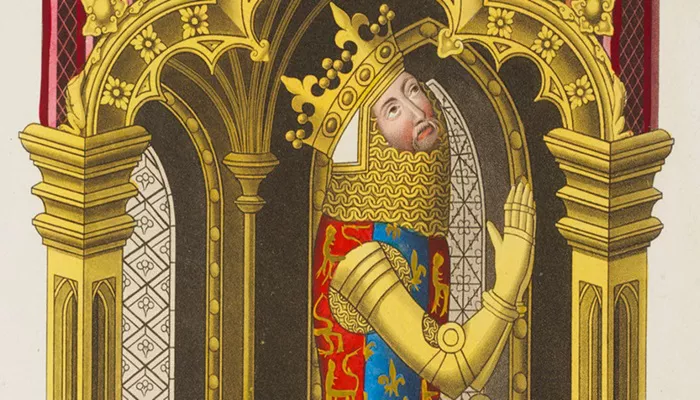January 25 has been a notable date throughout British history, marked by significant events that shaped the nation. This article provides a detailed exploration of key occurrences on this date, highlighting their historical context and implications.
What Happened on January 25 in British History?
1. The Birth of Robert Burns (1759)
One of the most celebrated figures in Scottish literature, Robert Burns, was born on January 25, 1759, in Alloway, Ayrshire. Burns is renowned as Scotland’s national poet and is often referred to as “Rabbie Burns.” His works, which include poems like “Auld Lang Syne” and “To a Mouse,” reflect themes of love, nature, and Scottish identity.Burns’s birthday is commemorated annually with Burns Suppers, gatherings that celebrate his life and poetry through traditional Scottish food, music, and recitations. These events have become a cultural phenomenon not just in Scotland but around the world, fostering a sense of national pride and cultural heritage.
2. The Accession of Edward III (1327)
On January 25, 1327, Edward III was proclaimed king of England following the deposition of his father, Edward II. Edward III’s reign lasted for fifty years, making it one of the longest in medieval English history. His ascension marked a significant turning point for England.Edward III is often credited with transforming England into a formidable military power in Europe. He initiated the Hundred Years’ War against France, which had profound implications for both nations. His reign also saw vital developments in legislation and governance, particularly concerning the evolution of the English Parliament. Edward’s influence helped lay the foundations for modern parliamentary democracy.
3. King Henry VIII’s Marriage to Anne Boleyn (1533)
Another pivotal event occurred on January 25, 1533, when King Henry VIII was secretly married to Anne Boleyn by the Bishop of Lichfield. This marriage was controversial and marked the beginning of a series of events that would lead to England’s break from the Roman Catholic Church.Henry’s desire to annul his first marriage to Catherine of Aragon in order to marry Anne Boleyn was driven by both personal and political motives. Anne was instrumental in the English Reformation, as her marriage to Henry led to the establishment of the Church of England. This shift not only changed religious practices but also had lasting effects on English society and governance.
4. The Birth of Robert Boyle (1627)
On January 25, 1627, Robert Boyle, a prominent figure in the scientific revolution and one of the founders of modern chemistry, was born. Boyle is best known for Boyle’s Law, which describes the relationship between the pressure and volume of gas. His work laid foundational principles for future scientific inquiry.Boyle’s contributions extended beyond chemistry; he was also involved in philosophy and theology. His emphasis on experimentation and observation set new standards for scientific methodology that influenced generations of scientists.
5. The Execution of Sir Thomas Wyatt (1554)
On this day in 1554, Sir Thomas Wyatt, an English politician and soldier, led a rebellion against Queen Mary I known as Wyatt’s Rebellion. The uprising aimed to prevent Mary from marrying Philip II of Spain and sought to establish Protestantism in England.Despite gathering an army of approximately 4,000 men, Wyatt’s rebellion ultimately failed due to poor planning and lack of support from key factions. Wyatt was captured and executed later that year. His rebellion highlighted the intense political and religious tensions in England during Mary’s reign.
6. Claudius Affirmed as Roman Emperor (41 CE)
Historically significant events are not limited to more recent history; on January 25 in 41 CE, Claudius I was affirmed as Roman Emperor following the assassination of his nephew Caligula. Claudius’s reign marked critical developments in Roman Britain.Claudius expanded Roman rule significantly during his reign, including the conquest of Britain in 43 CE. His leadership transformed Britain into a province of the Roman Empire, impacting its culture, economy, and political structure for centuries.
Conclusion
January 25 has witnessed numerous pivotal moments throughout British history that have shaped its cultural landscape and governance structure. From literary celebrations honoring Robert Burns to significant political events involving monarchs like Edward III and Henry VIII, each occurrence reflects broader historical trends and transformations within Britain.The events discussed illustrate how this single date encapsulates diverse aspects of British history—literature, politics, science, and empire—each contributing uniquely to the narrative of a nation that continues to evolve today.
Related Topics:

